se Muscle soreness is a common experience for men who engage in physical exercise. This type of muscle pain, also known as delayed onset muscle soreness (DOMS), occurs 24 to 48 hours after a workout and can last up to 72 hours. In this note, we will discuss the causes of muscle soreness after a workout and ways to manage it.
What Causes Muscle Soreness After a Workout?
Muscle soreness after a workout is caused by microscopic damage to the muscle’s fibers. This damage occurs when the muscles are subjected to stress and strain beyond their normal level of activity. The body responds to this damage by inflammation, which causes the characteristic muscle pain and stiffness associated with muscle soreness.
How to Manage Muscle Soreness After a Workout:
- Hydration:
Drinking adequate amounts of water is essential for preventing soreness after a workout. When the body is dehydrated, it is more prone to inflammation, which can exacerbate muscle pain and stiffness. Ensure that you drink enough water before, during, and after your exercise to prevent muscle soreness.
- Stretching:
Stretching is an excellent way to prevent muscle soreness. By stretching, you can increase blood flow to the muscles and reduce the risk of microscopic damage to the muscle fibers. Incorporate stretching into your workout routine to reduce the likelihood of experiencing soreness.
- Massage:
Massaging the muscles after a workout can help reduce muscle soreness and stiffness. Massaging the muscles stimulates blood flow and reduces the buildup of lactic acid, which can cause muscle pain. Consider getting a massage after a workout to help manage muscle soreness.
- Over-the-counter pain relievers:
Over-the-counter pain relievers such as ibuprofen and acetaminophen can be helpful in managing muscle soreness after a workout. These medications work by reducing inflammation and reducing the sensation of pain. However, it is important to follow the recommended dosage and consult with a doctor before taking any over-the-counter medications.
- Rest:
Rest is crucial for preventing muscle soreness. When you engage in physical activity, your muscles are subjected to stress and strain, which can cause microscopic damage to the muscle fibers. To prevent muscle soreness, it is important to give your muscles time to recover and heal. Consider taking a day off from your workout routine after a particularly intense workout to give your muscles the rest they need.
Conclusion:
Muscle soreness is a common experience for men who engage in physical exercise. This type of muscle pain is caused by microscopic damage to the muscle fibers and is characterized by inflammation and pain. To manage muscle soreness, consider incorporating hydration, stretching, massage, over-the-counter pain relievers, and rest into your routine. By taking these steps, you can prevent muscle soreness and reduce the risk of injury.
If you liked this post, then, be sure to check out some of our related posts too!

